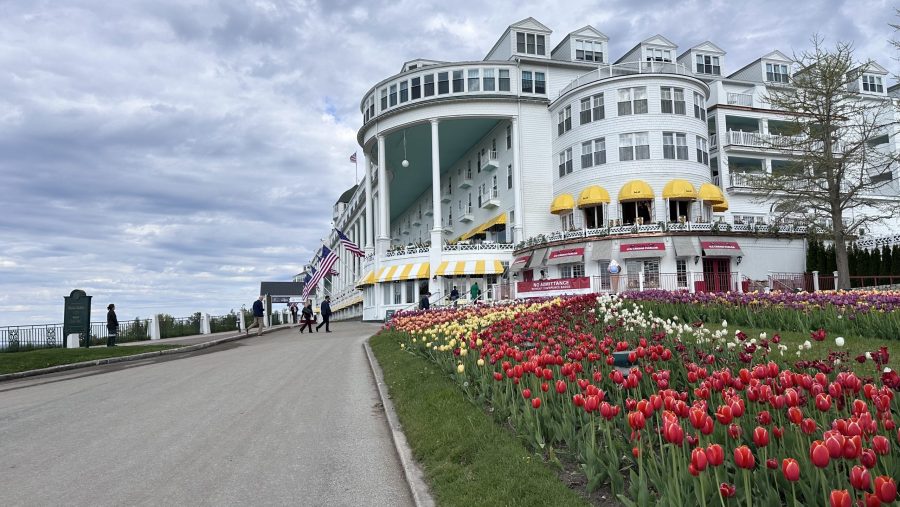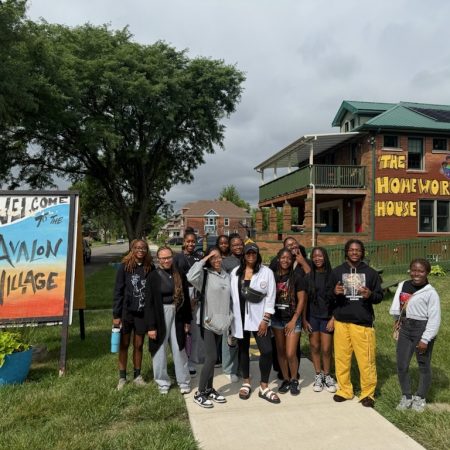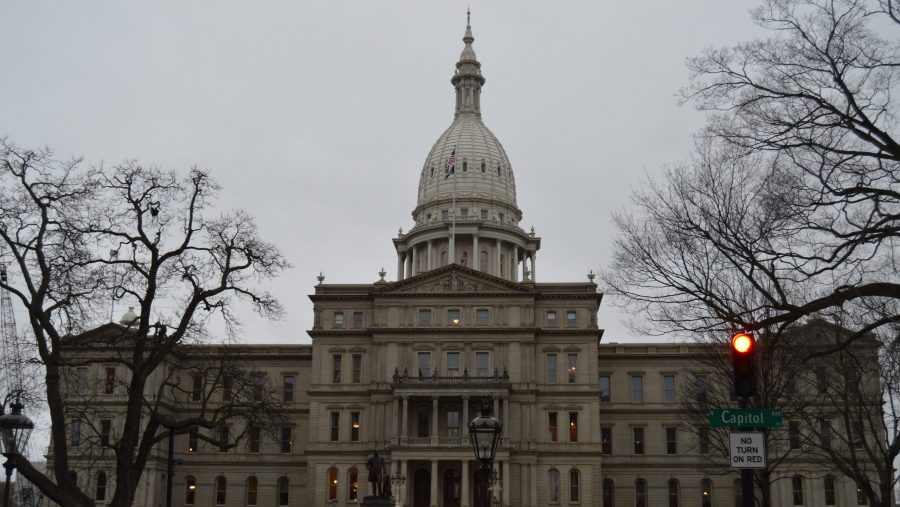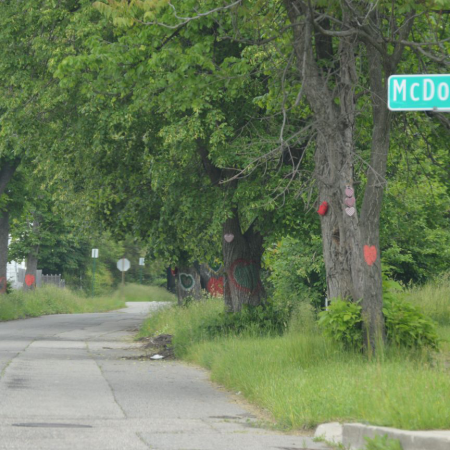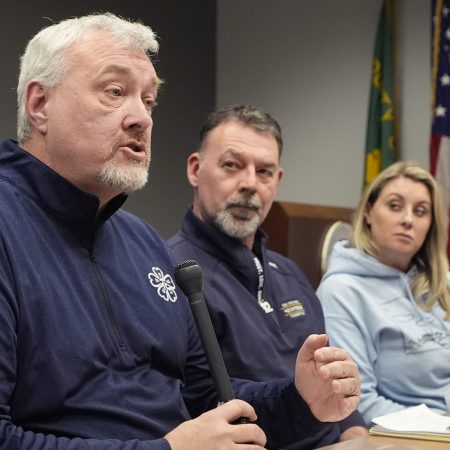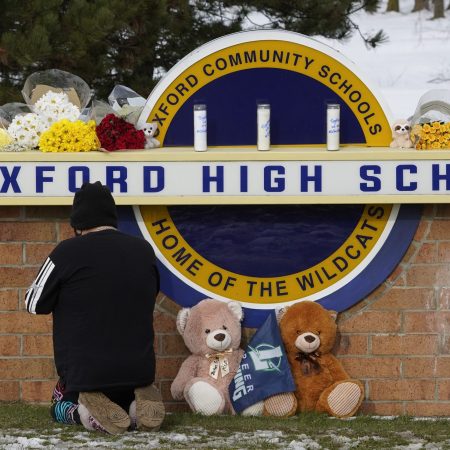Progressive McCampbell runs for Detroit City Council
There is set to be considerable turnover on Detroit City Council after November’s election. City Council President Mary Sheffield is running for mayor leaving a vacancy in District 5. Fred Durhal III also ran for mayor, but failed to advance in the primary, so District 7 is now open.
Michigan State Representative Karen Whitsett, by virtue of name recognition and corporate backing, seemed to be the front runner heading into the District 7 primary.
However, it was Democratic Socialist Denzel McCampbell that earned the most votes.
Listen: Progressive McCampbell runs for Detroit City Council
McCampbell has some deep liberal credentials, including time as Congresswoman Rashida Tlaib’s communications director and as the head of the Progress Michigan. McCampbell was also a Detroit Charter Revision Commissioner and lost a bid to replace Detroit City Clerk Janice Winfrey in 2021.
His opponent, Whitsett, hasn’t shied away from attacking McCampbell for his progressive roots. The Detroit Democrat has taken criticism from members of her own party for praising Donald Trump during the Covid-19 pandemic and caucusing with Republicans during last year’s lame duck session.
McCampbell isn’t fazed by Whitsett’s attacks.
“I’ve been a community organizer my entire adult life and been working around voting rights, election protection, equitable development, making sure that we have what we need in our neighborhoods around environmental justice issues – the right to breathe clear air,” McCampbell said.
So for me, it is actually making sure that our people have the power, but also that we have a city government that is responsive to their needs.
McCampbell says he’s knocked on 15,000 doors in his district.
“What folks are actually upset with…is the way that our government has given away so much money to, the billionaire class and corporations, while their needs go to the wayside,” McCampbell said. “So for me, it is actually making sure that our people have the power, but also that we have a city government that is responsive to their needs.”
Water affordability legislation was left behind in the state legislature when 2024’s lame duck session ended early. McCampbell says it needs to be brought back.
“I have been advocating for solutions that address affordable housing. I’ve been advocating for solutions to address water affordability, because water is a human right,” McCampbell said. “I’ve been pushing to make sure that corporations and their interests are out of our government, that would get money out of politics.”
McCampbell says Whitsett isn’t “showing up” for people in her House district by working with Republicans to kill Democratic priorities. Whitsett was the lone Democrat who voted for the GOP-led House budget.
If elected, McCampbell wouldn’t be the only Democratic Socialist on council. Gabriela Santiago-Romero is running for re-election in District 6.
As for Detroit’s race for mayor between Sheffield and Rev. Solomon Kinloch, McCampbell is still making up his mind.
“I’m focused on the District 7 race, but, I think what I’ll be looking for is a mayor that works closely and collaboratively with Detroit City Council.”
Trusted, accurate, up-to-date.
WDET strives to make our journalism accessible to everyone. As a public media institution, we maintain our journalistic integrity through independent support from readers like you. If you value WDET as your source of news, music and conversation, please make a gift today.Donate today »
The post Progressive McCampbell runs for Detroit City Council appeared first on WDET 101.9 FM.
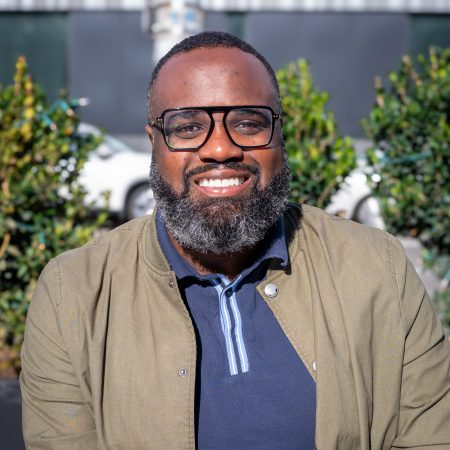

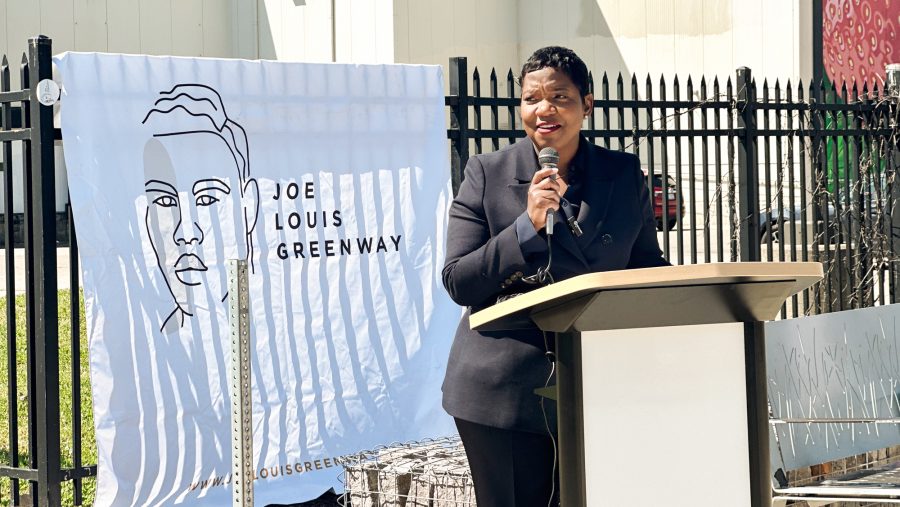
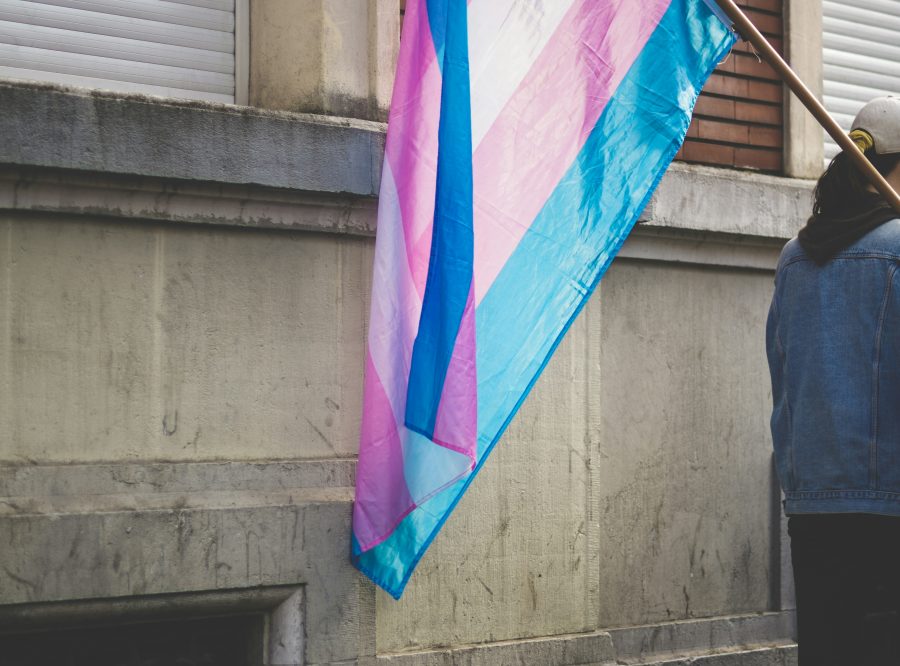
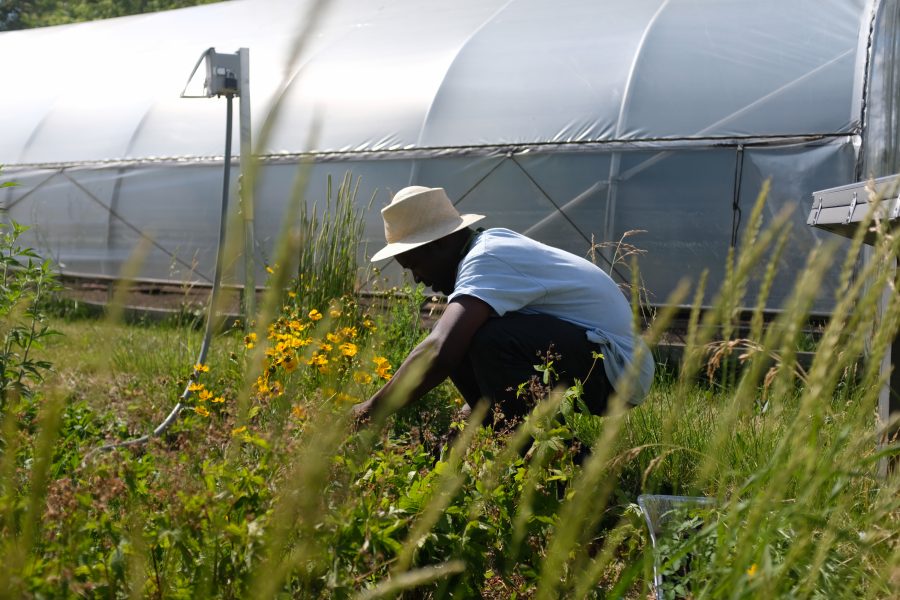


![] (6)](https://wdet.org/wp-content/uploads/2025/09/6-900x534.png)

